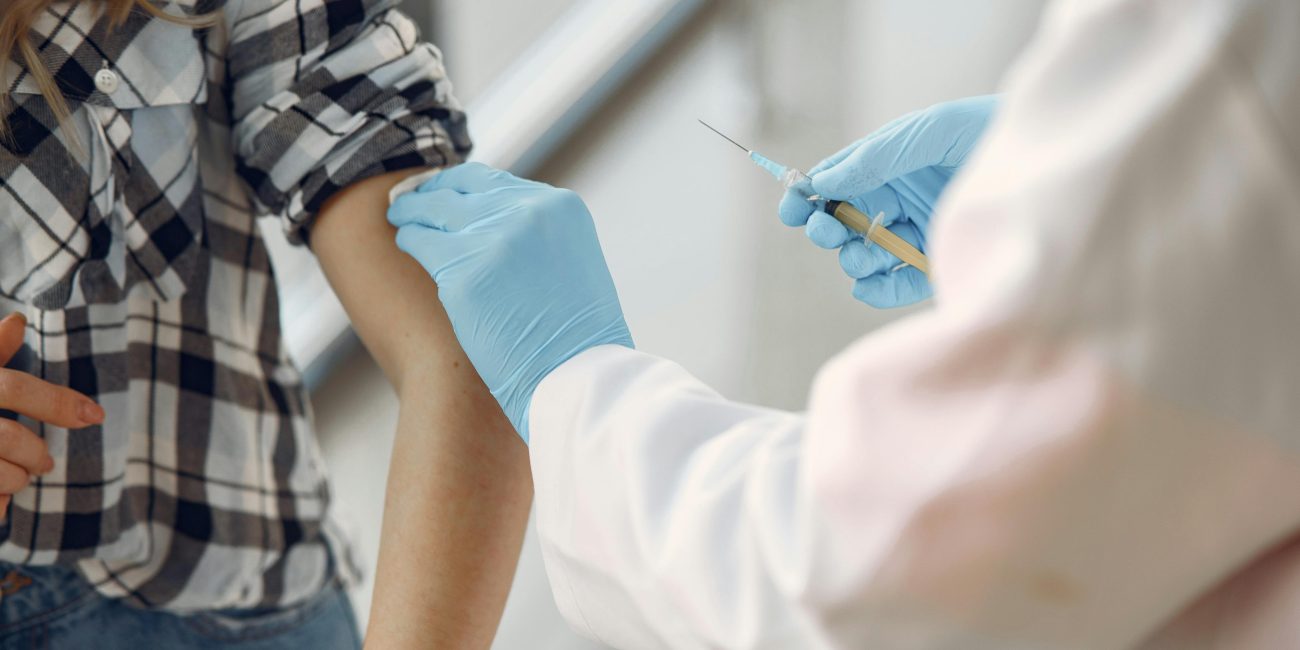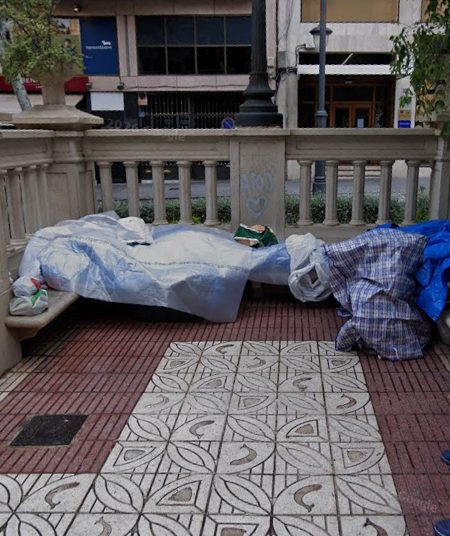It’s hard to believe that 90% of the population was fully vaccinated against COVID-19 in 2022, when the province of Alicante gave out approximately 3.5 million doses. After a pandemic, this became the new normal. The Ministry of Health, which was then run by the Botànic, focused on getting people who were behind by sending mass messages to mobile phones, making personal contacts, and offering walk-in vaccinations.
Currently, only 56% of people have gotten a third dosage against this virus. The immunisation rate for people over 65 is 15 points lower than that of the flu, and in 2024, only 30% of the general population were vaccinated. The flu rate among older people is greater, but it is still far from the goal of 75% of the primary vaccines to keep herd immunity throughout time and stop it from being weakened, which could lead to epidemics or pandemics.
One out of every three adults over 65 gets vaccinated against pneumococcus and shingles.
The Ministry of Health put together official numbers from the Valencian Society of Preventive Medicine and Public Health. They show that just 58.15% of those over 65 in the Valencian Community had their flu shot during the latest campaign. Schools and senior centres have recently started this year’s campaign, which will reach the broader public on October 15.
Only 47.4% of healthcare workers have been vaccinated, which is much lower than the 26.5% of healthcare workers who care for the elderly in nursing homes, who are the most vulnerable of all.
The causes
What are the reasons for this decline in vaccine use? Scientists say that the way individuals think about risk is wrong since many people are driven by a sense of threat, like during the COVID outbreak. But even older people are less worried about the coronavirus now. But doctors say there is another reason that has become more popular lately: people don’t trust vaccines because of false information and hoaxes on social media.
“We’ve never had so many good vaccines. Patient risk perception and information are not working.
— President of the Society of Preventive Medicine and head of service at the General Hospital of Elche
“We’ve never had more and better vaccines than we do now, and they’re easier to get and have more uses. Patients’ understanding of risk and the information they have are not working. Dr. Juan Francisco Navarro, president of the Preventive Medicine Society and head of service at the General Hospital of Elche, says, “There is a lot of bad information and paranoia about vaccines on social media, so we need to spend more time and money informing people.”
So, he says that cookies on social networks collect a lot of information by finding themes of interest while people are browsing the web. This news is “sometimes false, let’s not fool ourselves.” They are running ongoing misinformation efforts in some nations with bogus news that spreads quickly and harms trust in vaccines and other aspects of social cohesiveness. For example, the US government is trying to undermine vaccines. This is happening at the same time as Spain is paying the most money on these treatments and on resources to immunise the people, yet “public confidence is not optimal.”
Less likely to have a heart attack or stroke
Why should you get a flu shot? The doctor stresses that this is a great way to prevent heart disease, pointing out that those who catch the flu are far more likely to have a stroke or heart attack for months thereafter. In other words, “some vaccines have other interesting effects besides protecting against the virus.”
Pneumococcal vaccination is another example of a bad vaccination. The Ministry of Health encourages those over 65 to have it to avoid pneumonia and other illnesses that could put them in the ICU. “It’s a great vaccine that protects older people and people with long-term illnesses very well, but we’re not getting enough people to get it.” According to the Ministry of Health, just 34.2% of the people who needed to be vaccinated in 2024 were.
“Pneumococcal vaccination in adults protects against pneumonia, which is a cause of hospitalisation and death in older adults.”
Maria Garcés — Deputy Director General of Health Prevention and Training for the Ministry of Health
Doctors first thought about giving a pneumococcal vaccine as part of the flu and COVID-19 campaigns, but they decided against it because the other two campaigns had poor rates last year. The Deputy Director General of Health Prevention and Training at the Ministry of Health, María Garcés, agrees that getting adults vaccinated against pneumococcal disease saves them against pneumonia, which can lead to hospitalisation and death in older individuals.
Campaigns to get people to join the active population
Preventive specialists say that the Health Department should do what it did during the worst of COVID again: send out mass SMS messages, make media videos, and even call people, especially those who are chronically ill or at risk. They want some of the afternoon modules that were utilised for this task back, even though they were taken away. “We have the health we do because we fight against infectious diseases.” The COVID vaccine has saved our lives, yet a lot of people don’t like it or have a strong opinion about it. Dr. Juan Francisco Navarro adds, “We must fight this mistrust with correct information.”
Inside the nose
The Ministry of Health is also giving out an inhaled flu vaccine for the second year in a row so that kids can get their flu shots at school. Parents and school boards must agree to this step. The immunisation rate was quite low in the first edition, but by the conclusion, 42% of the age group for which the vaccine was offered had gotten it: kids ages 3 and 4 and kids in special education. So, this year it is open to kids ages 3 to 6. throughout 2024, more than 12,000 kids throughout the province took part in the campaign. It is given through the nose, not by injection, and nurses go to the schools to provide it to the kids. Every school has everything they need.
Garcés, a paediatrician, said that primary care paediatricians have helped keep immunisation rates among kids rather high. The human papillomavirus vaccine is actually one of the most effective vaccines. It covers an average of 68% of 12-year-old boys and girls in Alicante and 70% in the region.
“Paediatricians really know how important vaccinations are and explain them very well to parents.” We want adults to understand that getting vaccinated is another way to stay healthy, along with not smoking, not drinking alcohol, exercising, and eating well. It’s another part of the World Health Organization’s plan to stop diseases from spreading. “People aged 60 to 65 who are healthy and not getting vaccinated are in the spotlight right now,” the doctor says. “It’s the best time to do it because they’ll make better antibodies and have fewer problems than if they get vaccinated at age 75.”
This lack of interest goes beyond vaccinations for respiratory viruses. Shingles coverage is low, “extraordinary for the elderly, chronically ill, and immunocompromised.” In 2023, the Ministry of Health started giving persons who were born in 1958 and 1943 (ages 65 and 80) two doses of the vaccine, spaced eight weeks apart. They plan to add two further groups of people each year. People born between 1959 and 1944 will join in 2024, and so on. In the 80-year-old group, 33.7% had finished the complete course, and in the 65-year-old group, 35.2%.
María Garcés says that “a person with shingles can be left with a serious neurological problem called post-encephalic neuralgia, which is chronic pain that has no cure and will greatly reduce their quality of life.”









No Comment! Be the first one.